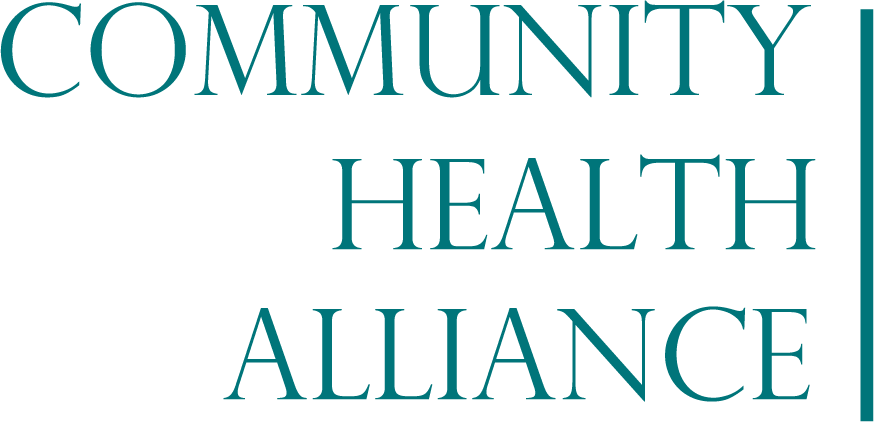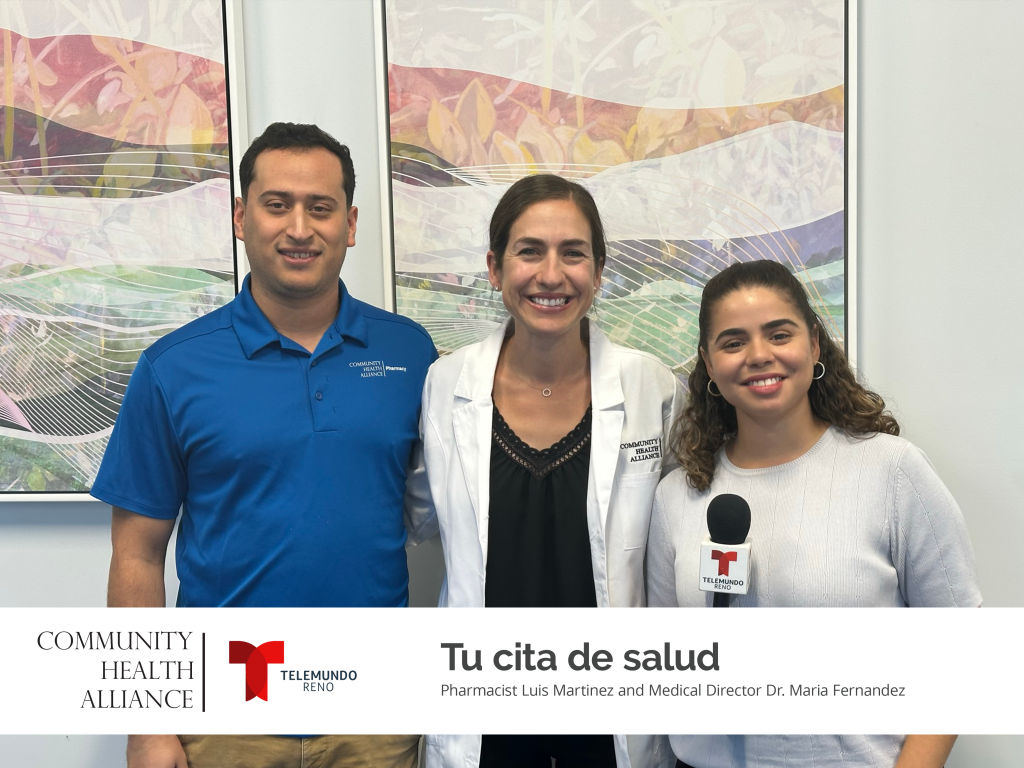March is Colorectal Cancer Awareness Month – Learn About FIT Kits
What is Colorectal Cancer?
Colorectal cancer is a disease that starts in the colon or the rectum, the lower portion of your digestive system. Most colorectal cancers start as a growth on the inner lining of the colon or rectum. These growths are called polyps.
According to the American Cancer Society, colorectal cancer is the third most common cancer in the United States found in both men and women, affecting about 1 in 23 men and 1 in 25 women. It is estimated that the United States will have 149,500 new colorectal cancer cases in the year 2021 and nearly 50,000 people die from colorectal cancer each year.
How Do We Screen for Colorectal Cancer?
View video in English
View video in Spanish
Colorectal cancer can be detected by performing screening tests such as a fecal immunochemical test (FIT) and/or a colonoscopy. Currently, one in three adults are not being screened as recommended. Regular screenings can prevent colorectal cancer as a polyp can take 10-15 years to develop into cancer. And when colorectal cancer is detected at an early stage before it has spread, the five-year relative survival rate is about 90 percent.
Who Should Be Screened for Colorectal Cancer?
The United States Preventive Services Taskforce (USPSTF) recommends that adults without a family history should begin colorectal cancer screening at age 50. Individuals at increased or high risk of colorectal cancer might need to start screening before age 45, be screened more often, and/or get specific tests. This includes people with:
- A strong family history of colorectal cancer or certain types of polyps (see colorectal cancer risk factors below)
- A personal history of colorectal cancer or certain types of polyps
- A personal history of inflammatory bowel disease (ulcerative colitis or Crohn’s disease)
- A known family history of a hereditary colorectal cancer syndrome such as familial adenomatous polyposis (FAP) or Lynch syndrome (also known as hereditary non-polyposis colon cancer or HNPCC)
- A personal history of radiation to the abdomen (belly) or pelvic area to treat a prior cancer
*If you’re at increased or high risk of colorectal cancer (or think you might be), talk to your health care provider to learn more.
What is Community Health Alliance (CHA) Doing?
The Colorectal Cancer Quality Improvement Committee and CHA Foundation have been working with the Robert Z. Hawkins Foundation to increase these screenings. CHA has been able to provide FIT kits and assistance with colonoscopies to our uninsured and underinsured patients with the help of the Robert Z. Hawkins Foundation. This has played a large role in our efforts to educate and help protect our patients from colorectal cancer.
Please call Community Health Alliance at (775) 329-6300 to schedule a screening for colorectal cancer.
Sign Up for Our Newsletter
SubscribeSign Up for Our Newsletter
By submitting this form, you are consenting to receive marketing emails from: Community Health Alliance. You can revoke your consent to receive emails at any time by using the SafeUnsubscribe® link, found at the bottom of every email. Emails are serviced by Constant Contact
By submitting this form, you are consenting to receive marketing emails from: Community Health Alliance, 680 S. Rock Blvd, Reno, NV, 89502, https://www.chanevada.org. You can revoke your consent to receive emails at any time by using the SafeUnsubscribe link found at the bottom of every email.


